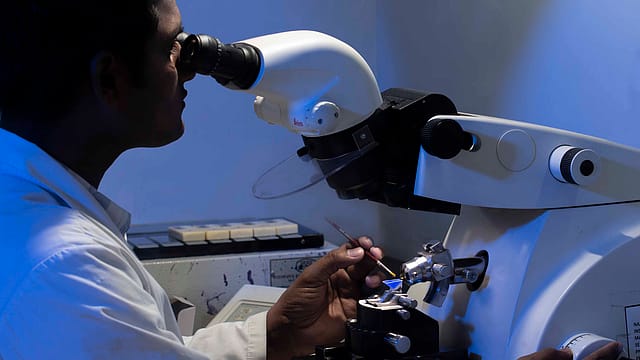Parliamentary panel seeks price control on critical care medical devices
ADVERTISEMENT

The Parliamentary Panel on Health and Family Welfare has called for the creation of separate baskets for medical devices depending upon their cost, availability, need and affordability for price control. The committee wants all devices that are required for critical care to be categorised as ‘scheduled medical devices’ and brought under the National List of Essential Medicines (NLEM) and fix the retail prices of those products.
The Department Related Parliamentary Standing Committee on Health and Welfare has made these observations in its recently presented report on ‘Medical Devices: Regulation and Control’. Noting that only four medical devices -- cardiac stents, drug-eluting stents, condoms and intra-uterine devices are currently included in the NLEM list and hence carry government fixed ceiling prices, the committee said that this has allowed manufacturers of remaining medical devices to increase the price of their devices up to 10% every year.
“Allowing a maximum increase of 10% may result in a serious jump in prices in a span of a few years. The committee, therefore, strongly recommends that instead of this “same size fits all” approach, the department, like risk-based classification of devices, should create separate baskets for medical devices for pricing,” the committee says.
January 2026
Netflix, which has been in India for a decade, has successfully struck a balance between high-class premium content and pricing that attracts a range of customers. Find out how the U.S. streaming giant evolved in India, plus an exclusive interview with CEO Ted Sarandos. Also read about the Best Investments for 2026, and how rising growth and easing inflation will come in handy for finance minister Nirmala Sitharaman as she prepares Budget 2026.
However, the committee wanted the pricing of medical devices to be calculated after taking into consideration the cost of the manufacturing and the value the medical device adds to the patient experience and the ease it brings to the physician. Asking the government to strike a balance between providing affordable healthcare and quality healthcare, the committee welcomed the government's decision to move from the L1 (lowest price) procurement method to Quality-cum-Cost Based Selection (QCBS), thus incorporating the element of quality in public procurement.
The committee also wanted the government to continue with steps like price exemptions, value-based procurement and subsidy support to the domestic medical device manufacturers till the time there is a synergy between government policies, initiatives, academic institutes and the med-tech industry is in place to create an ecosystem for innovation and R&D in India. Such synergy can result in a boost of demand generation as good quality products would be available at affordable prices, it noted.
The committee also called for a level playing field for the domestic medical device manufacturers and wanted to curb the artificial inflation in the prices of medical devices.
